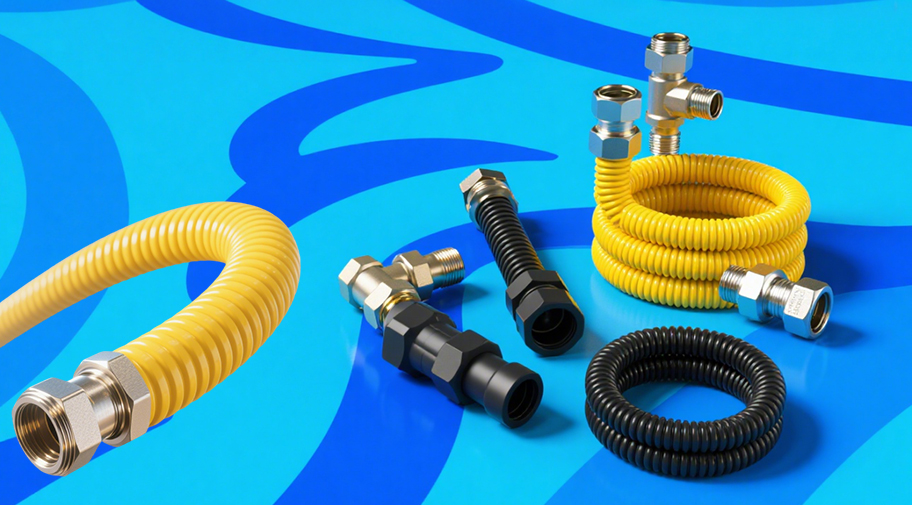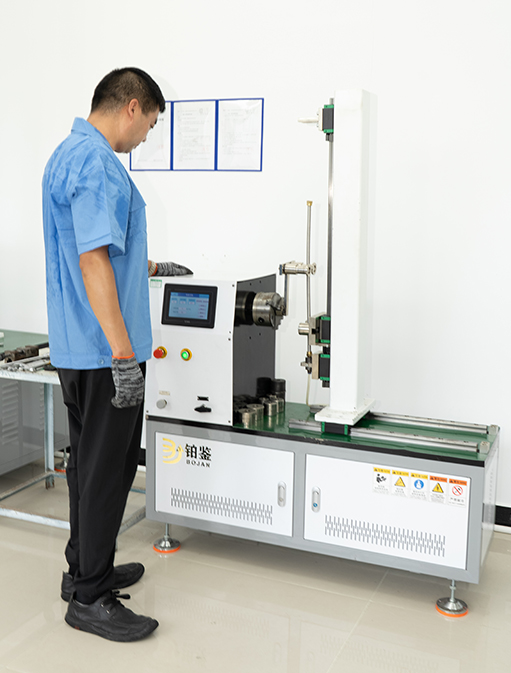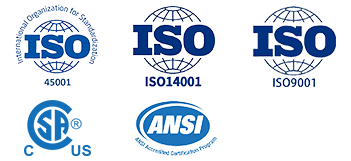-
+86-574-62166708
-
-









The company's internal testing laboratory has obtained CNAS (China National Accreditation Service for Conformity Assessment) certification, with the qualification to issue authoritative testing reports. It can independently complete a number of key performance tests, providing solid guarantee for product quality.
The test adapter must withstand a high-pressure test of 1.7MPa to ensure no burst or leakage occurs under high-pressure environments.
The pipe body must withstand a tensile force of 800 pounds per inch (approximately 140N/mm) for 5 minutes without failure, ensuring firm connection and reliable tensile resistance.
The product must pass 30 cycles of 180° bending without cracks or air leakage, verifying its flexibility and service life.
The pipe body must withstand 15 cycles of 90° repeated torsion to verify the product's torsional resistance and structural stability.
The adapter must withstand continuous high temperatures of 427°C (for bare pipes) or 149°C (for coated pipes) to confirm that it does not deform or leak under high-temperature environments.
During repeated tightening, disassembly, and reconnection processes, the joint must not leak, ensuring reliable sealing during installation and maintenance.
The joint must withstand high-intensity torque and impact force (up to 1040 in-lbf) tests without bursting or leaking, verifying its resistance to mechanical impact.
The pipe body must be inspected by precision instruments under pressure to ensure no micro-leakage, meeting strict sealing requirements.
A naked flame combustion test is conducted on the non-metallic outer layer to ensure that the flame self-extinguishes within 60 seconds after the flame is removed and does not spread.
Copper alloy adapters must pass air-tightness verification in a high-concentration ammonia gas environment to ensure resistance to chemical corrosion.
The gas transmission capacity is measured under 125Pa air pressure to ensure that the actual gas flow meets household or commercial needs.

Our products have been certified by authoritative institutions in multiple countries, which indicates that they meet relevant regulatory or contractual requirements in terms of technical performance, hygiene standards and functionality. These certifications not only reflect the quality assurance of the products, but also bring confidence to customers, ensuring that the selected products are safe, reliable and trustworthy.
